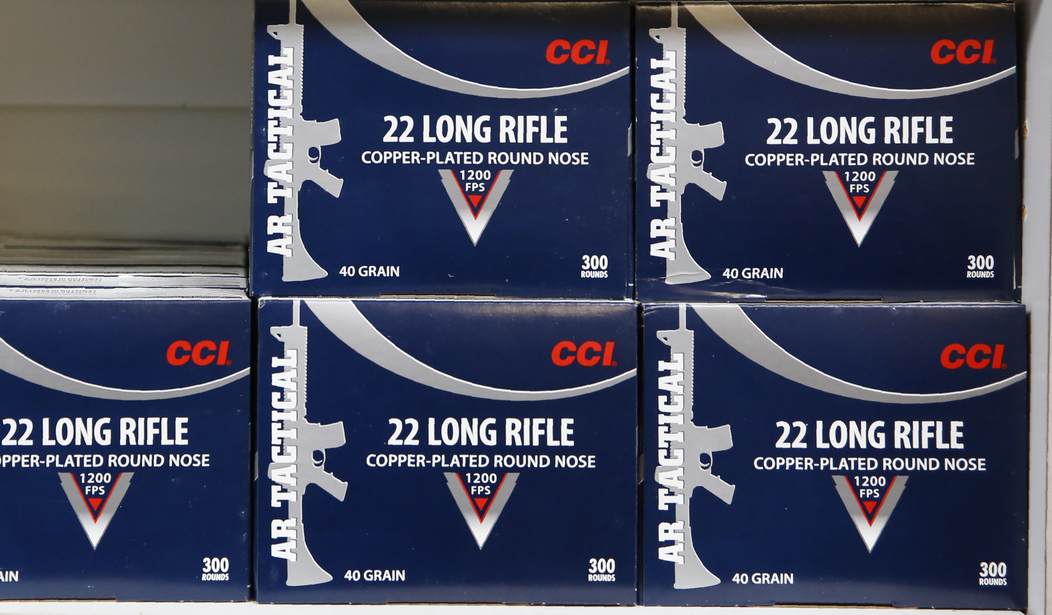The UN is about as useless an organization as you can possibly name. Created in the wake of World War II as a way to prevent war, it’s not difficult to look at history since then and see they kind of suck at preventing anything.
Then there’s the fact that there is corruption up and down the line because, frankly, many nations don’t share our idea of ethical standards–neither do many American politicians currently residing in a big house on Pennsylvania Avenue, but I digress–and that creates problems.
But the UN is currently looking at establishing a framework on regulating ammunition at the international level, and that may have Second Amendment ramifications here at home.
The United Nations General Assembly is poised to approve a global framework this fall on ammunition management that could be dangerously vague and impact domestic policies in the United States, some Second Amendment advocates warn.
In early June, the U.N.’s Open-Ended Working Group on Conventional Ammunition, also called the OEWG, completed its development of a new global framework.
…
The framework can be used for leverage in the political arena if gun control advocates claim it is a standard for international law, Baranowski said.
Is that accurate? Is this, as James Baranowski, the NRA director of international affairs puts it, something “We are going to have to fight…every year,” or something else?
Well, in theory, sure. The United States is still bound to follow treaties it’s part of and the UN is basically just one big treaty. No, treaties can’t run afoul of the Constitution, but establishing that it does will require a lot of litigation and that means problems before a final verdict is reached.
And then we’ll probably start all over again with
However, it should be noted that this particular framework isn’t what it once was.
With a push by the Second Amendment organizations, the working group watered down some terms and deleted from drafts references to the “individual” end users of ammunition, Baranowski said. So, at least for now, the framework only applies to governments, not individual ammunition owners.
Still, the OEWG’s final report doesn’t fully define key terms such as “stockpile,” and “end users.” And under the broad definition, even a 25-round box could constitute a stockpile, Baranowski contends.
“You see ‘stockpile’ and ‘end user.’ A stockpile could be a million rounds in a government stockpile or it could be a box of 25 rounds at a local police station,” Baranowski said. “It is limited to governments as it is currently written. We argued to confine it. But we think, eventually, that language will be removed. There was an effort to include individual end users.”
That is a potential problem, though admittedly a far less involved one than it could be.
And let’s be honest here, this isn’t going to exactly ease the concerns of Americans who believe it’s only a matter of time before the UN starts trying to deploy troops on American soil with the goal of pacifying us as part of some New World Order or anything.
If anything, it’ll get those folks good and riled up, and, to be honest, I wouldn’t blame them.
The truth of the matter is that without ammunition, guns are just expensive, mechanical clubs that don’t necessarily work as clubs very well. If the UN issues regulations on “stockpiles” and it can be successfully argued that a couple of dozen rounds make a “stockpile,” then we’ve got a problem.
Especially since a lot of us like to keep a couple thousand rounds on hand for emergencies.
I think that, in time, we can probably work a lot of this out, but I also see the anti-gunners continuing to use this international regulation as grounds to push federal and state laws on ammunition that are going to be intolerable.








